- Details
- Hits: 1276
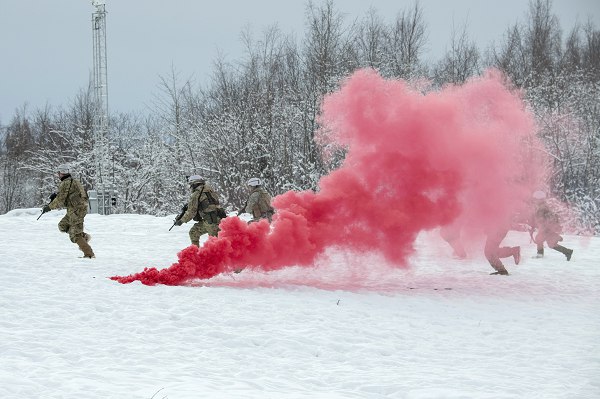
Fort Elmendorf-Richardson, AK. (June 6, 2022): The key to America’s new Artic strategy will be the reactivation of the 11th Infantry Division (Airborne) to be simultaneously based at Forts Wainwright and Elmendorf-Richardson, Alaska, and manned by up to 16,000 soldiers. Dubbed the “Artic Angels”, this new airborne division is being drawn from elements of the Hawaii based 25th Infantry Division. For the first time, all Army forces in the Artic will fall under one command which should boost morale among our nation’s newest cold weather warriors.
In this photo Airman Emily Farnsworth, Army paratroopers assault a simulated enemy position using smoke for cover during exercises at base Elmendorf-Richardson in Alaska’s forbidding wilderness.
- Details
- Hits: 1019
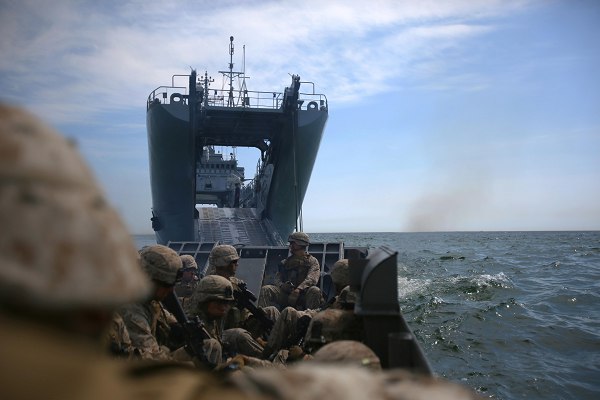
Ravlunda, Sweden (June 1, 2022): Russian Dictator Vladimir Putin says he invaded Ukraine because NATO was expanding along his borders, something he found profoundly threatening.
By slaughtering innocents in Ukraine, Putin gambled other free nations would be intimidated into not joining NATO. He bet wrong.
In fact, his actions have had the opposite effect.
Two long-time neutral countries, Finland, and Sweden, just applied for NATO membership which would add 830 miles to the Alliance’s border with Russia. This is precisely the opposite of Putin’s stated goals. As both nations are traditional U.S. allies, our armed forces train together regularly to integrate strategy and equipment.
Read more: RUSSIAN AGGRESSION BACKFIRES, FINLAND & SWEDEN TO JOIN NATO
- Details
- Hits: 1055
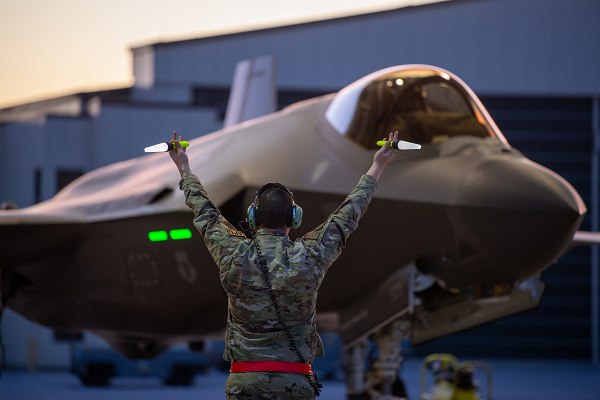
Spangdahlem Air Base, Germany (May 2, 2022): American fighter pilots are patrolling the skies of Eastern Europe in support of our NATO allies, placing them far from home and in harm’s way.
In this photo by Technical Sergeant Richard Mekkri, a Crew Chief with the 158th Fighter Wing of the Vermont Air National Guard directs an F-35A Lightning II fighter jet as it prepares to take off. Units like these have increased the tempo of deployments to fortify NATO’s eastern flank and to send Vladimir Putin a strong message.
Germany is a major staging area for America’s air forces flying patrols along the border with Russia. American pilots train with local nationals to integrate strategy and tactics should they ever need to defend eastern Europe from attack.
Read more: U.S. FIGHTERS PATROL EUROPEAN SKIES DEFENDING NATO
- Details
- Hits: 1289
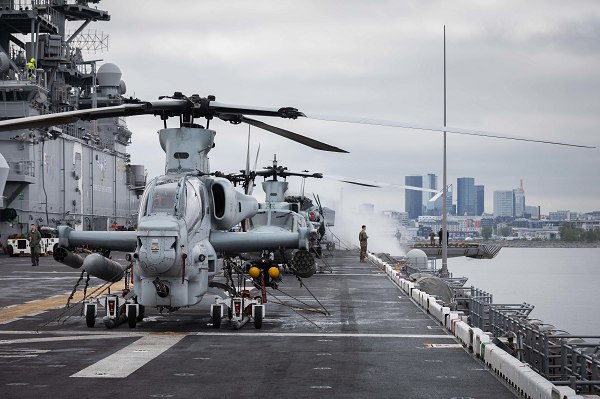
Tallinn, Estonia (May 27, 2022): The American amphibious warship U.S.S. Kearsarge arrived in Estonia recently to reinforce our NATO partners against threats from Russia. In this photo by Mass Communications Specialist 3rd Class Jesse Schwab, the Amphibious Ready Group deploys the famed 22nd Marine Expeditionary Unit to guard NATO’s eastern front.
Estonia has a long and troubled history with the Russians. Like their eastern European neighbors, Estonia was absorbed into the Union of Soviet Socialist Republics (USSR) in 1940 spending the next 60 years under Russian rule. In 1991, the Estonian parliament declared independence and the country promptly joined NATO in 2004. Since then, Estonia has worked diligently to create a democratic government and a market based free enterprise system like the West, obviously to the dismay of Russian Dictator Vladimir Putin.
- Details
- Hits: 1097
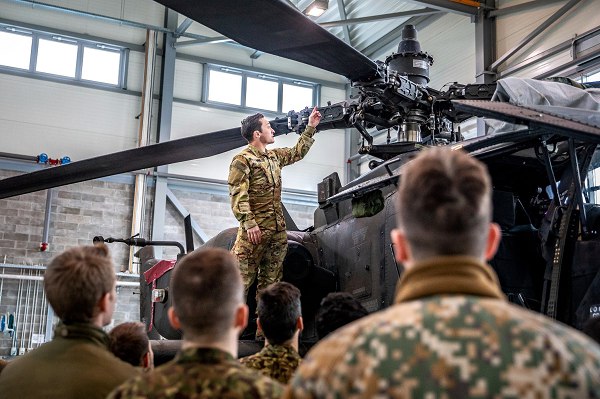
Lielvarde Air Base, Latvia (March 29, 2022): This tiny eastern European country of two million is on the front lines should Russia decide to expand its immoral war on Ukraine.
Wedged between fellow NATO members Estonia to the north and Lithuania to the south, Latvia shares a 133-mile border with Russia including 9 miles on the Baltic Sea. Russia occupied Latvia after World War II and, among its many atrocities, forcibly deported thousands of Latvians to other parts of Russia. Just like they are doing today with the captured Ukrainian civilians. It would be another 60 years before Latvia finally threw off the Russian yoke, joining NATO in 2004.
- Details
- Hits: 1269
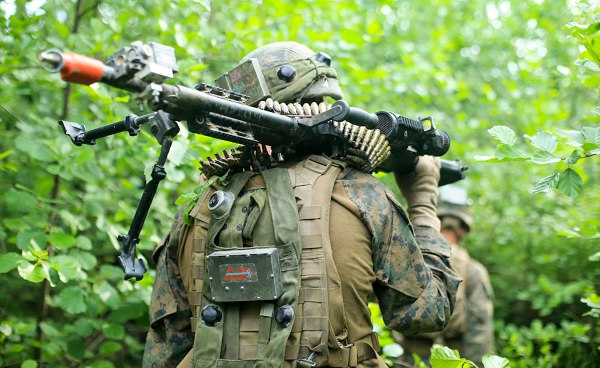
Skrunda, Latvia (April 30, 2022): The U.S. Marines have landed… in Eastern Europe.
In this photo by Lance Corporal Angel Travis, U.S. Marines from 1st Battalion, 6th Marines maneuver through a forest during Exercise Saber Strike, an annual field training exercise to integrate American military units with the armies of Estonia, Latvia, Lithuania, and Poland in any potential conflict with Russia.
All four of these countries have, at some point in their history, felt the heavy boot of Russia on their collective necks. Each fell under Soviet occupation after World War II,
enduring a cruel dictatorship for 60 years. Each surviving attempts to wash out its domestic population and beliefs with imposed massive influx of an outside population. Each has joined NATO to guard against further Russian aggression and are on the front lines should Vladimir Putin expand his war on Ukraine. America is committing elite units, like the 6th Marines, to reinforce our friends and to counter potential enemies.


